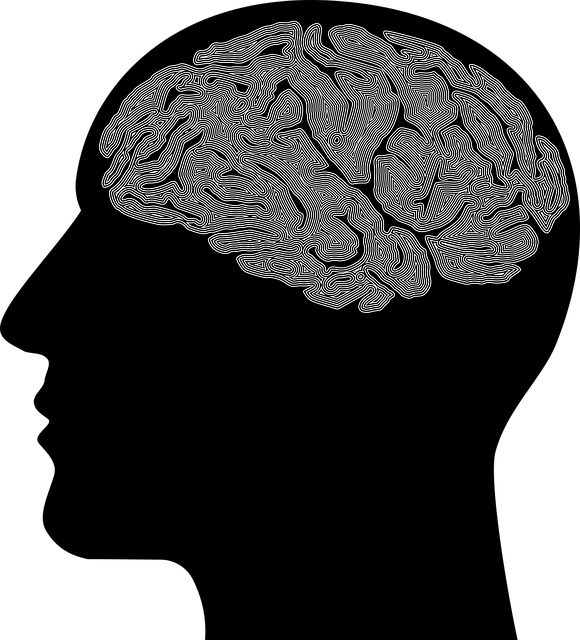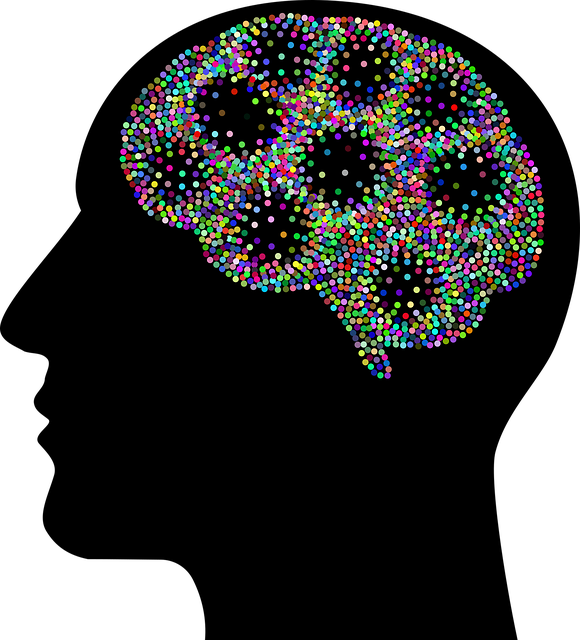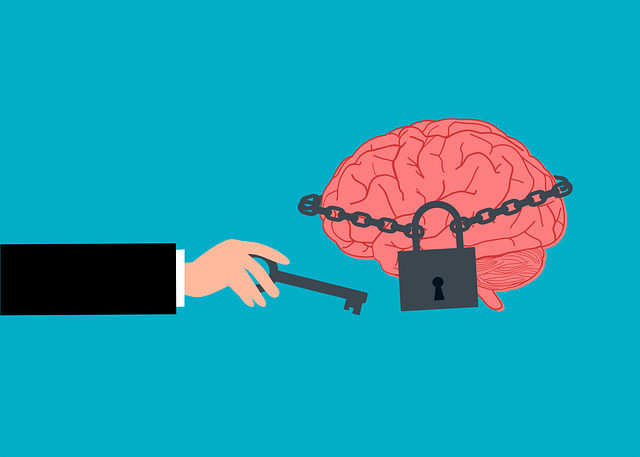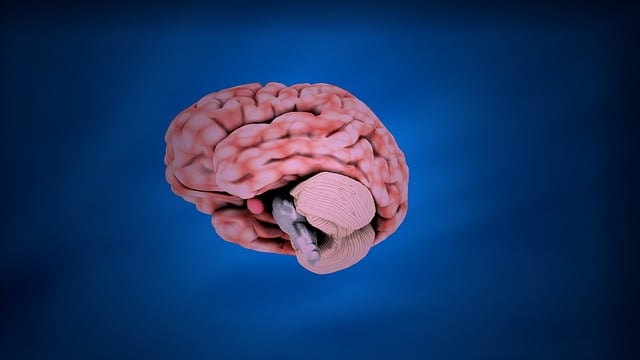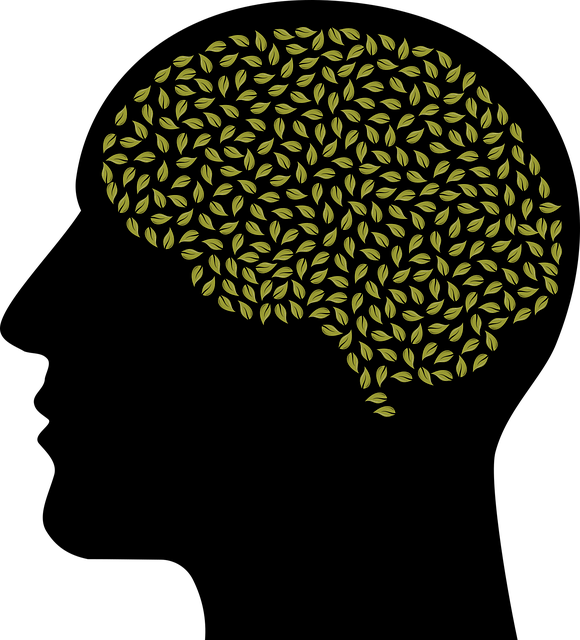Understanding ADD/ADHD is vital for developing accurate mental wellness self-assessment tools. Traditional methods fail to capture nuanced symptoms and stress management needs, leading to inferior therapy outcomes. A superior assessment framework should integrate cognitive and emotional aspects, empathy building, mindfulness meditation, and compassion cultivation practices. Combining these with evidence-based therapeutic strategies enables tailored therapy and optimizes outcomes for ADD/ADHD management. Rigorous testing and strategic distribution are crucial for validating the Superior ADD-ADHD Evaluations Therapy Tool's effectiveness. Marketing it through partnerships and online platforms dedicated to mental wellness can encourage adoption and empower individuals to manage their symptoms effectively.
Mental wellness self-assessment tools play a pivotal role in understanding and managing conditions like ADD/ADHD. This article delves into the development of a comprehensive framework for evaluating mental wellness, specifically tailored for ADD/ADHD. We explore current evaluation methods, identify gaps and challenges, and present a step-by-step guide to designing superior ADD-ADHD evaluations therapy tools. By incorporating therapeutic strategies, testing, and refining, these tools can significantly enhance self-assessment accuracy and support effective treatment plans.
- Understanding ADD/ADHD and Mental Wellness: Setting the Foundation for Effective Self-Assessment
- Identifying Gaps in Current Evaluation Methods: Challenges and Limitations
- Designing a Comprehensive Self-Assessment Framework for ADD/ADHD
- Incorporating Therapeutic Strategies into Self-Assessment Tools
- Testing, Refining, and Distributing Your Superior ADD-ADHD Evaluations Therapy Tool
Understanding ADD/ADHD and Mental Wellness: Setting the Foundation for Effective Self-Assessment

Understanding ADD/ADHD is paramount when developing mental wellness self-assessment tools. This neurodevelopmental condition, characterized by difficulty sustaining attention and hyperactivity, often co-occurs with other mental health issues, complicating assessment. Superior ADD-ADHD evaluations require tailored approaches that go beyond standard measures to capture the unique challenges faced by individuals with ADHD. By integrating insights from specialists in ADHD therapy, researchers can design self-assessment tools that effectively differentiate between ADHD symptoms and those of related disorders, such as anxiety or depression.
Accurate assessment forms the foundation for targeted interventions. Tools that incorporate self-reflection on symptoms, daily functioning, and impact on relationships can empower individuals to take charge of their mental wellness. Additionally, integrating practices like mindfulness meditation and self-care strategies in the assessment process can facilitate anxiety relief and promote a sense of well-being. This holistic approach ensures that self-assessment tools not only identify ADD/ADHD but also foster the development of coping mechanisms, ultimately enhancing overall mental health outcomes.
Identifying Gaps in Current Evaluation Methods: Challenges and Limitations

The current landscape of mental wellness evaluations is marked by several challenges and limitations when it comes to assessing conditions like Attention Deficit Disorder (ADD) and Attention Deficit Hyperactivity Disorder (ADHD). Traditional methods often fail to capture the nuanced symptoms and complexities these disorders present, leading to less-than-superior ADD-ADHD evaluations. This gap in therapy effectiveness highlights a pressing need for more sophisticated self-assessment tools that can provide accurate insights into an individual’s mental wellness.
One significant hurdle is the lack of comprehensive stress management strategies within existing evaluation frameworks. Stress, a common factor influencing mental health, often masks underlying symptoms or skews assessment results. Additionally, empathy building strategies are frequently overlooked, hindering the development of strong therapeutic relationships crucial for effective coaching programs. To address these challenges, new self-assessment tools must integrate innovative approaches that account for stress management and empathy, thereby fostering more personalized Mental Wellness Coaching Programs Development.
Designing a Comprehensive Self-Assessment Framework for ADD/ADHD

In developing a comprehensive self-assessment framework for Attention Deficit Disorder/Hyperactivity Disorder (ADD/ADHD), the goal is to create superior ADD-ADHD evaluations that go beyond traditional diagnostic methods. This involves integrating various assessment tools tailored to capture the nuanced experiences and challenges faced by individuals with ADD/ADHD, encompassing both cognitive and emotional aspects. A robust framework should incorporate self-awareness exercises that encourage individuals to reflect on their symptoms, behaviors, and personal strengths. These exercises can include detailed journaling prompts or structured questionnaires designed to elicit specific information related to attention, hyperactivity, impulsivity, and executive functioning difficulties.
Additionally, incorporating compassion cultivation practices and mindfulness meditation as part of the assessment process can offer valuable insights into an individual’s ability to regulate emotions, manage stress, and improve overall mental wellness. These practices encourage individuals to develop self-compassion, fostering a more positive relationship with their symptoms and enhancing their capacity for self-management. By combining these techniques with traditional assessments, therapists can gain a holistic understanding of the individual, tailoring therapy to meet their unique needs and optimize outcomes in managing ADD/ADHD.
Incorporating Therapeutic Strategies into Self-Assessment Tools

Incorporating therapeutic strategies into self-assessment tools is a pivotal step in enhancing their effectiveness, especially for conditions like Attention Deficit Disorder (ADD) and ADHD. These disorders often present unique challenges in assessment due to their variability across different contexts and settings. By integrating evidence-based therapeutic approaches, self-assessment tools can provide more nuanced insights into an individual’s mental wellness. For instance, techniques focused on emotional regulation and mood management can offer a comprehensive understanding of how individuals cope with stress, anxiety, or mood swings associated with ADD/ADHD. This not only aids in early detection but also empowers users to implement personal strategies for better self-care.
Moreover, incorporating cultural competency training into these tools can be transformative. Understanding the impact of cultural background on mental health experiences and expression is crucial. Healthcare providers can benefit from this by ensuring that self-assessment tools are inclusive and sensitive to diverse populations. This approach not only improves the accuracy of evaluations but also fosters trust between users and healthcare providers, encouraging more open discussions about mental wellness challenges, particularly in communities where ADD/ADHD might be underdiagnosed or misperceived.
Testing, Refining, and Distributing Your Superior ADD-ADHD Evaluations Therapy Tool

After developing your Superior ADD-ADHD Evaluations Therapy Tool, rigorous testing is paramount to ensure its efficacy and reliability. This involves administering the assessment to a diverse group of individuals with ADHD/ADD, gauging feedback from both participants and mental health professionals, and meticulously analyzing the results for accuracy and validity. Incorporating this feedback allows you to refine the tool, making necessary adjustments to questions or scoring mechanisms for improved performance.
Once refined, distributing your Superior ADD-ADHD Evaluations Therapy Tool to a broader audience becomes crucial. This can involve partnerships with mental health clinics, schools, and online platforms dedicated to trauma support services and anxiety relief. Proper marketing and clear communication about the tool’s benefits will encourage adoption by individuals seeking effective mood management strategies. By making your tool accessible, you empower folks to take control of their mental wellness journeys through evidence-based assessment and personalized recommendations.
The development of a robust self-assessment tool for mental wellness, particularly tailored to ADD/ADHD, is a significant step forward in personalized therapy. By addressing the gaps in current evaluation methods, this framework offers a comprehensive approach to understanding and managing symptoms. Incorporating therapeutic strategies ensures that individuals not only assess their mental health but also gain valuable insights for improvement. As we refine and distribute these superior ADD-ADHD evaluations therapy tools, we foster more effective self-care and enhance accessibility to personalized support, ultimately revolutionizing how we navigate mental wellness.


